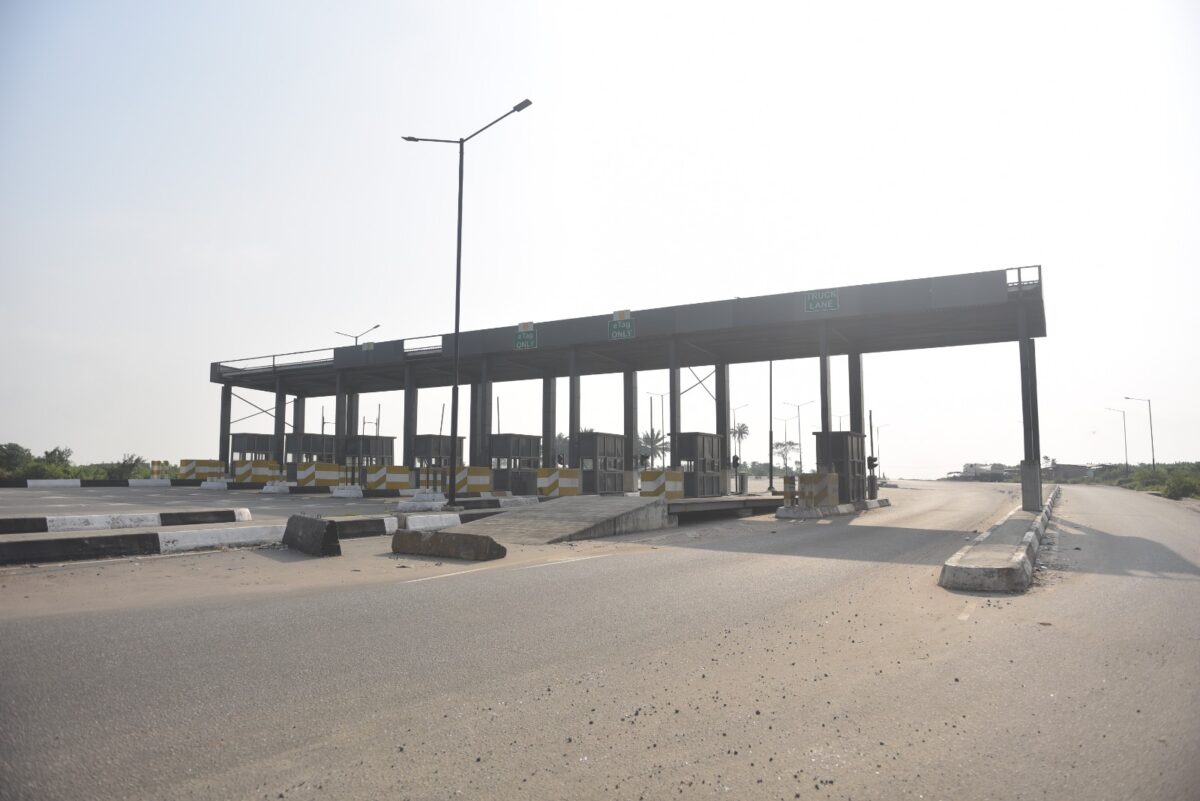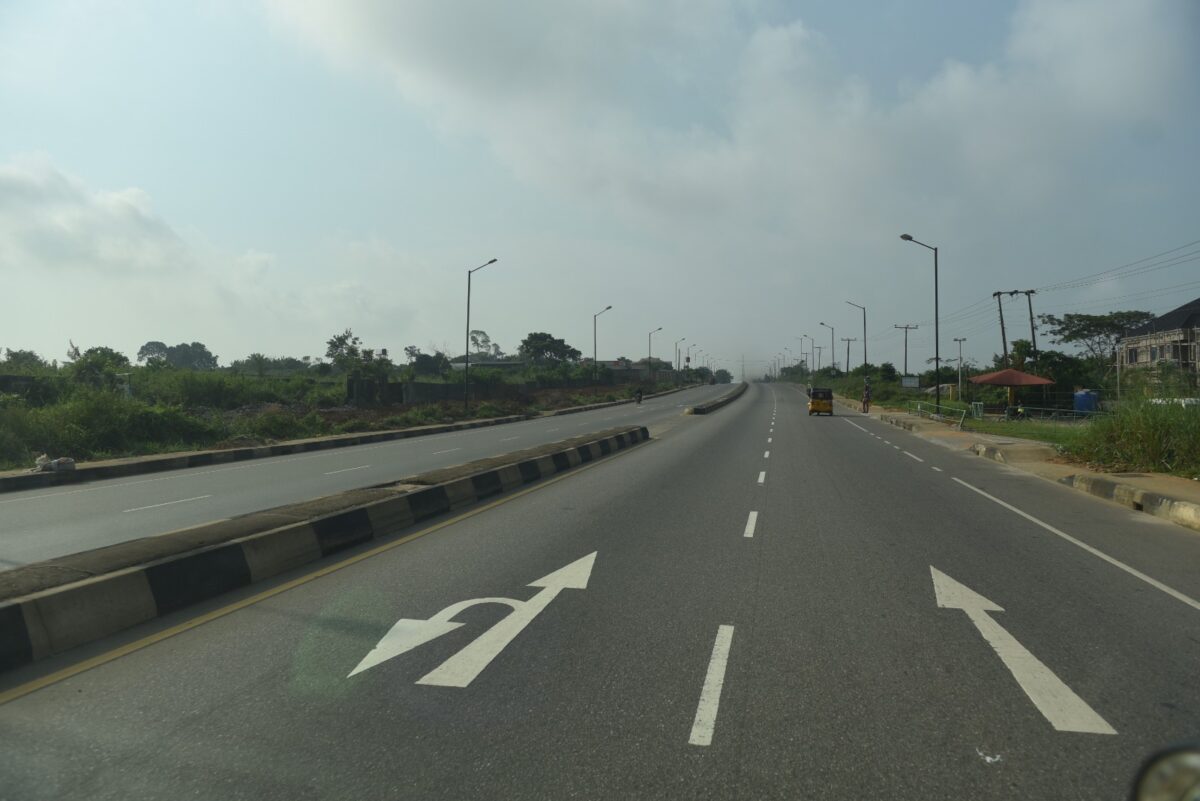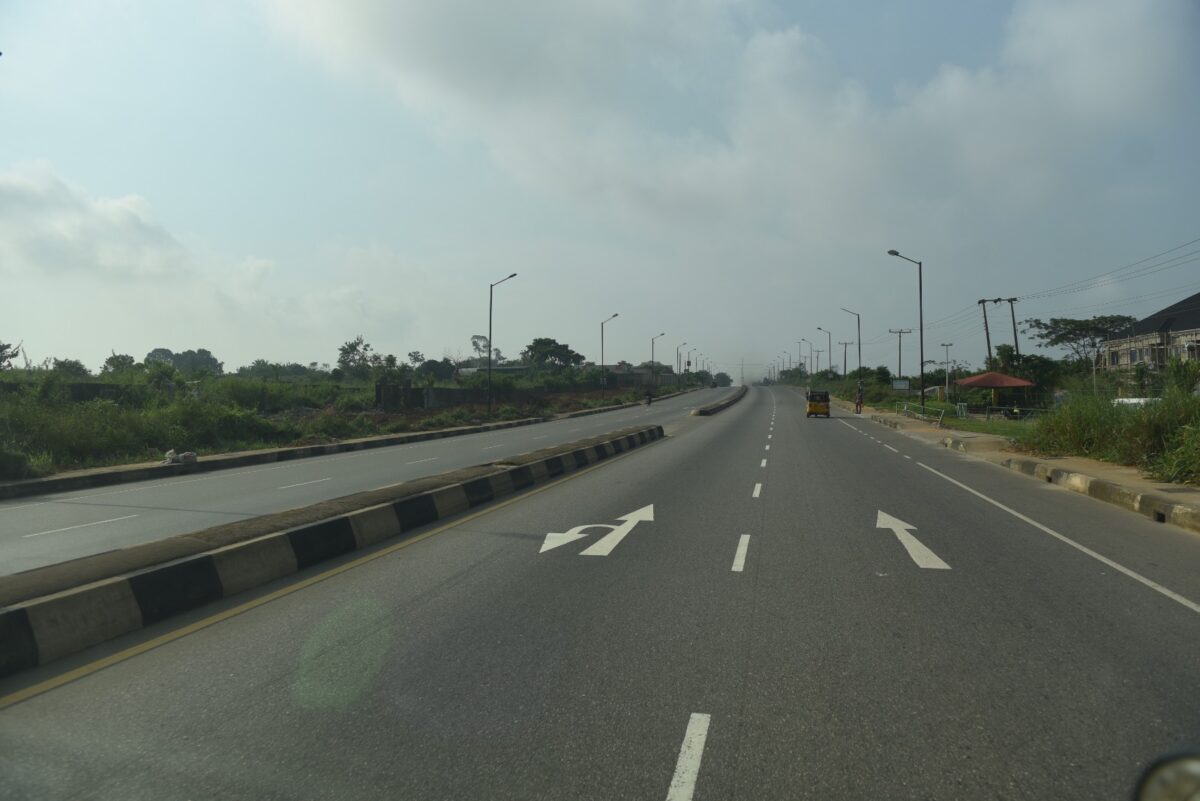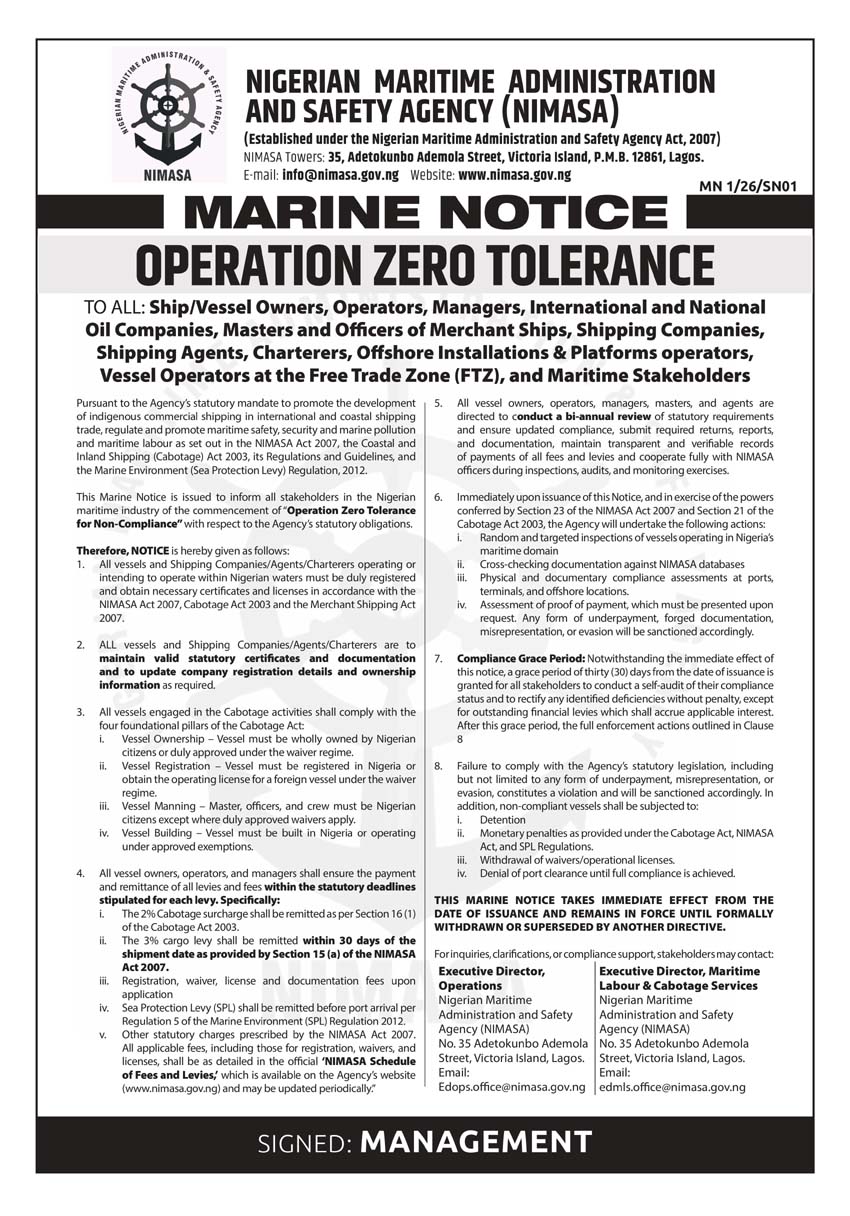 Introduction:
Introduction:
Nigeria’s pioneering $1.5 billion Lekki Deep Seaport has undergone a remarkable transformation in cargo evacuation strategies. The port had faced initial challenges in cargo evacuation due to the deplorable state of connecting roads. This write-up delves into the metamorphosis of Lekki Port, tracing its journey from reliance on barges alone to a paradigm shift in cargo movement through the comprehensive rehabilitation of access roads. OLUYINKA ONIGBINDE writes
At its inception, the port heavily relied on barges due to the dilapidated state of the connecting roads. However, recent developments and infrastructure improvements have reshaped the landscape, leading to a significant shift towards road haulage.
Setting the Stage: The state of roads in the first quarter of 2023
At the onset, Lekki Deep Seaport grappled with inadequate road infrastructure, necessitating the use of barges for cargo evacuation in April. The connecting roads, including Ijebu-Ode-Epe-Lekki-Eleko Coastal roads, Lekki-Ajah-Eleko Coastal roads, and Ikorodu-Itokin-Epe roads, were in a dire state, prompting a pivotal moment for the port’s stakeholders.
“When we first started, it was difficult to move cargoes by road due to the terrible state of the roads that approached the port. Then the roads leading to the port were in a terrible state. We had to rely heavily on barges to evacuate cargoes on water from the port, which was kind of expensive,” a source from Lekki Port confided in this writer.

Government Intervention: A Catalyst for Change
Thereafter, an era of proactive interventions by the Lagos and Ogun State governments began. Shipping Position Daily investigation reveals a concerted effort to rehabilitate the connecting roads. As a result, the roads underwent significant improvements, creating a foundation for a fundamental shift in cargo evacuation strategies. “With most of the roads having undergone rehabilitation by the Lagos State government and the Ogun State government, our correspondent gathered that about 60 percent of cargoes cleared from Lekki deep seaport now leave by road compared to 40 percent that still leaves via the waterways on barges
Concrete Progress: Road Rehabilitation Milestones
An exhaustive exploration of the rehabilitation efforts unveils noteworthy milestones. According to findings by Shipping Position Daily, the Lekki-Epe expressway from Ajah to Eleko junction has undergone concrete expansion. The dualization of the Lekki-Epe road from Ibeju-Agbe to T-Junction in Epe stands at an impressive 95 percent completion stage. Our correspondent who went on the tour of the roads recently noticed that the upgrading of the Itokin to Ijebu-Ode expressway is completed, while the expansion of the Oke-Oso/Itokin road to Araga-Poka road is also completed. The Ijebu-Ode to Epe road has also been completed with two toll gates mounted on the road.
Lekki Port’s Testimony: A Shift in Cargo Evacuation Dynamics
An unnamed source from Lekki Port sheds light on the transformative impact of road completion on cargo evacuation.”More roads are still being constructed, and we expect the percentage of evacuation to improve as these roads get completed,” the source told our correspondent “This is an exciting time at Lekki Port because cargo evacuation just got easier and seamless. With these roads completed, our customers can now enjoy delivery of their cargoes at cost-saving options without any stress or hassle.”

Ongoing Developments: The Seventh Axial Road and Eleko Coastal Road
As the wheels of progress continue to turn, ongoing projects promise to further elevate Lekki Port’s accessibility. The Eleko Coastal road, directly feeding Lekki Deep Seaport, is undergoing phased repairs. Simultaneously, the construction of the new seventh Axial Road, a 50-kilometer route running directly from the Eleko Coastal road, holds the potential to open up new avenues for cargo movement. Shipping Position Daily noted that mobilisation towards the complete repair of the Eleko Coastal road has commenced. This is even as a top official at the port informed that work will begin on the new seventh Axial road soon.
The Economic Impact: Lekki Port’s Contribution to Nigeria’s Growth
Nestled about 65 kilometers east of Lagos in the Lagos Free Zone, Lekki Port was conceived to reclaim Nigeria’s lost cargoes from neighboring ports. The ambitious project aims to create 169,972 jobs and generate revenues totaling $201 billion for state and federal governments through taxes, royalties, and duties.
Conclusion: Charting the Course for Lekki Port’s Future
In conclusion, the narrative of Lekki Deep Seaport unfolds as a tale of resilience and transformation. From the initial reliance on barges to the current dominance of road haulage, the completion of road rehabilitation projects has redefined the port’s operational dynamics. As ongoing developments promise to further enhance connectivity, Lekki Port stands poised to become a cornerstone in Nigeria’s maritime success story, contributing to economic growth, job creation, and enhanced global trade.















